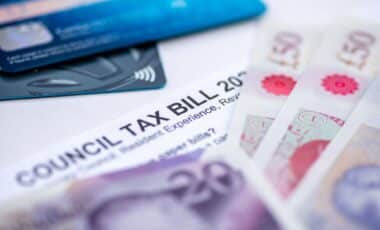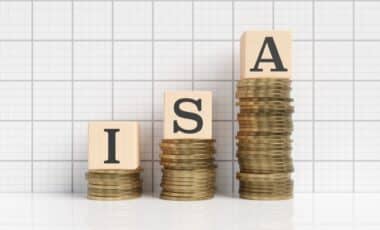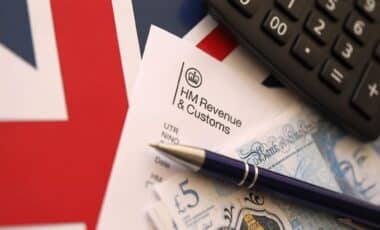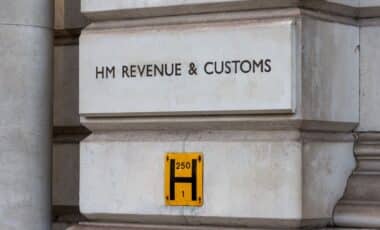The problem draws attention to a widening gap between the government’s support for the “triple lock” on state pensions and the effects of frozen tax thresholds, which could result in many pensioners receiving unanticipated tax bills.
Rising State Pension Payments Bring Tax Threshold into Focus
State pension payments are set to increase by 4.1% this April, in line with the triple lock, bringing the annual payment to £11,975.60. This figure is just £595 below the personal allowance threshold of £12,570, beyond which individuals are required to pay income tax.
Rachel Vahey, head of public policy at AJ Bell, has described the situation as “perilously close” to a tipping point. Speaking on the implications of frozen tax thresholds, she stated, “At that point, something must surely give.” However, she added that slowing state pension growth or unfreezing the personal allowance appears unlikely under current policies.
The government’s commitment to the triple lock ensures that pensions rise annually by the highest of earnings growth, inflation, or 2.5%. While this benefits pensioners in the short term, critics warn it creates longer-term issues with sustainability. This is particularly relevant as tax thresholds remain frozen until 2028, meaning more pensioners could fall into the tax bracket if pensions rise further.
Frozen Tax Thresholds and Pension Cuts Raise Concerns
Beyond potential tax liabilities, the increasing state pension payments are being offset by reductions in other benefits, such as the winter fuel payment. Many pensioners have lost £200 or more due to recent cuts, further squeezing their finances despite rising pension payments.
Former pensions minister Steve Webb noted that while pension increases may appear significant, much of the rise merely offsets inflation. “Based on the current inflation figure of 2.2%, the new state pension would need to rise by just over £250 simply for pensioners to stand still,” he said. Even with the rise, Webb pointed out that those losing winter fuel payments could still find themselves worse off in real terms.
Experts caution that the government may soon be forced to reevaluate the structure of state pension payouts due to the impending combination of static tax thresholds, growing pensions, and inflation-adjusted benefits. Many retirees currently struggle to keep up with growing living expenses while remaining slightly below the tax cutoff.
State pensioners are disproportionately affected by the intricacies of the UK pension system, which is still being debated about how to strike a balance between sustainability, economic prudence, and fairness.









